The Europaeum Ideas Programme
The Europaeum’s Ideas Programme of events and activities (formerly, the Core Programme) provides a range of mainly in-person opportunities for postgraduate students from member universities to explore issues at the intersection of scholarship and policy-making.
Around eight to ten Ideas Programme events are organised by the Europaeum each year, rotating among the network’s member universities. These include Winter, Spring, and Summer Schools in different cities, as well as an annual Brussels Policy Seminar (the Autumn School) designed to help students understand the EU political system in depth.
The Europaeum’s Ideas Programme events are usually offered at no cost to participants and aim to involve students actively in proceedings by, for example, presenting papers or chairing sessions. Participants also hear from a range of keynote speakers and panellists, as they share perspectives and gain insights into intellectual and policy issues.
The Ideas Programme events are usually residential, usually lasting three or four days, with between 12 and 45 students participating in each event. Any Master’s or doctoral student from any member university of the Europaeum may apply. Calls for applications are posted on the Europaeum website and advertised within member universities. Selection is by a rigorous applications process.
The 2025 Programme included events on the European Green Deal (Madrid), democracy in Europe’s uncertain world (Prague – online), AI and the digital revolution (Luxembourg), multipolar antiquity (Leiden), strategic autonomy (Brussels) and the ‘future of the past’ (Oxford).
The 2026 Ideas Programme included events on Media & Courage (in Lisbon), Scandal & Corruption (CEU, Vienna), Transatlantic Futures (Oxford), Space Technology (Helsinki), Creativity & Innovation (Jagiellonian, Krakow), Leadership (Berlin), and Decolonising the Past (Munich).
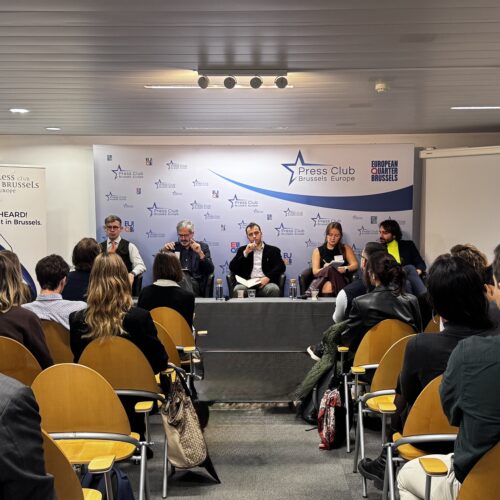
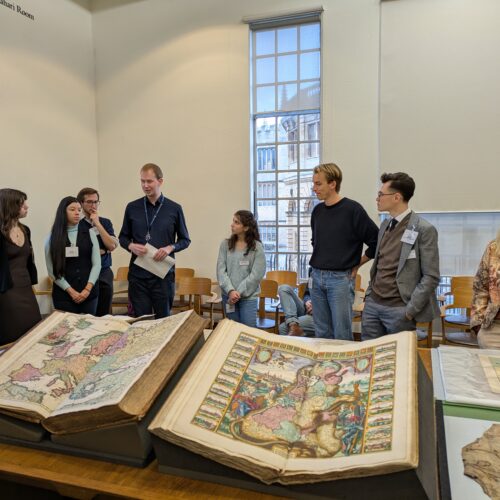
Europaeum Winter Workshop in Media and Communication Studies, part of the Lisbon Winter School UCP, 6-9 January 2026 “Media and Courage”
The Europaeum Winter School
Central European University (CEU), 27-29 January 2026
“Scandal and Corruption”
CEPS Ideas Lab
Brussels
3-4 March 2026
The Europaeum Spring School
University of Oxford, 13-15 April 2026
“Transatlantic Futures”
The Europaeum Leadership Challenge
Freie Universität, Berlin
18–19 May 2026, Deadline for Applications 2nd March
Estoril Political Forum
UCP, Lisbon
1–3 June 2026
“Independence in an interdependent world”, Deadline for Applications 30th March
The Europaeum Summer School
Jagiellonian University, Krákow, 7-9 July 2026
“Creativity & Innovation”, Deadline for Applications 6th April
The Europaeum History & Classics Seminar
LMU, Munich 15-17 September 2026
“Decolonising Europe’s Past”
The Brussels Policy Seminar (Autumn School)
Brussels
29 September – 1 October 2026
Technology Forum
University of Helsinki
19-20 October 2026
The Lisbon Media & Communications Workshop
UCP, Lisbon
7–10 January 2025
“Media & Fear”
The Winter School
UCM, Madrid
4–7 February 2025
“The Future of the EU’s Green Deal”
The Spring School
University of Oxford
17-20 March 2025
“Resistance and Resilience”
Estoril Political Forum
Catholic University of Portugal
4-6 June 2025
“AI and the Democratic Future”
The Summer School
University of Luxembourg
7-9 July 2025
“AI and the Digital Future”
The Classics Colloquium
Leiden University
28–29 August 2025
“Multipolar Antiquity”
The Brussels Policy Seminar
Leiden University
14–16 October 2025
“Strategic Autonomy”
The History Seminar
Leiden University
27–28 November 2025
“The Future of the European Past”
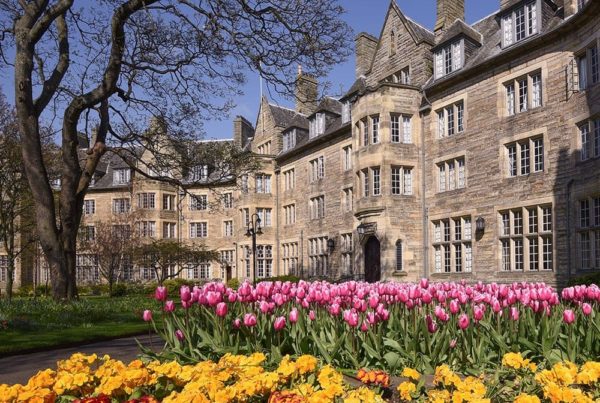
The Europaeum Spring School usually takes place in Oxford in April and brings together inspiring speakers and students from the network to discuss topical issues in International Relations and geopolitical affairs. 2025’s focus was on “Resistance and Resilience” and 2026’s is on “Transatlantic Futures“.
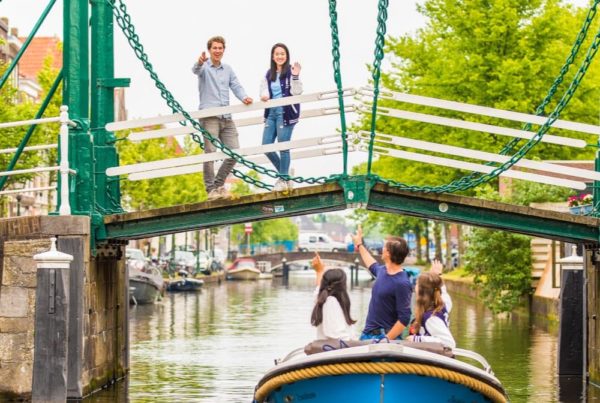
The Europaeum Summer School is a three-day annual flagship event for graduates to debate current issues in the broad field of policy and culture. It usually takes place at one of the member universities, with a theme initiated by a particular local expertise or academic strength. Students are invited to give papers, join lively discussion groups, and take part in extra-curricular cultural elements of the programme.
The 2026 Europaeum Summer School will take place at the Jagiellonian University, Krákow, 7-9 July 2026 and will look at Creativity and Innovation.
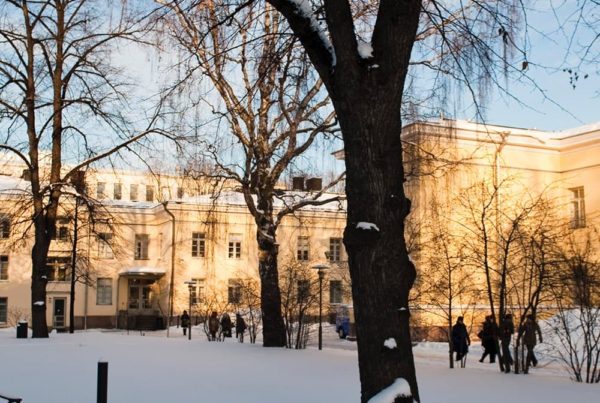
The Winter School historically arose from initiatives by member institutions who wanted to draw on a particular local strength or academic focus but it now takes place at the end of January based around a theme in Political Economy, Economics, and Institutions. The 2026 Europaeum Winter School took place at the Central European University (CEU) in Vienna.
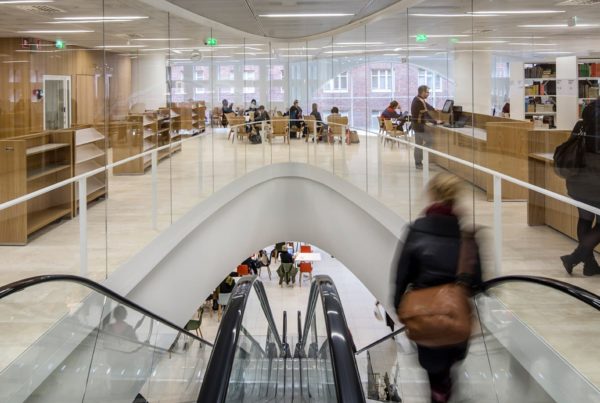
The Europaeum’s annual Policy Seminar in Brussels, takes place each autumn in close collaboration with EU institutions. Recent themes have included “The Impact of Elections” (2024) and “Strategic Autonomy” (2025).
As of 2026, this event has been rebranded as the Europaeum Autumn School.
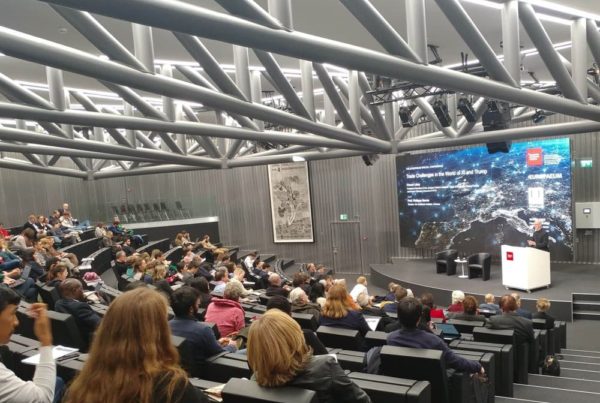
In addition to the Spring, Summer, and Winter Schools, and the Brussels Policy Seminar, the Europaeum Ideas Programme also puts on a range of other rotating events, including a Classics Colloquium and a History Seminar, a Media & Communications Workshop (part of the Lisbon Winter School in Media Studies) and a “Special Debate” at the Estoril Political Forum. The 2026 calendar also includes two new events of this type: a Leadership Challenge in Berlin in May and a Technology Forum in Helsinki in October. In 2026 we are also participating the Centre for European Policy Studies Ideas Lab in Brussels in March.
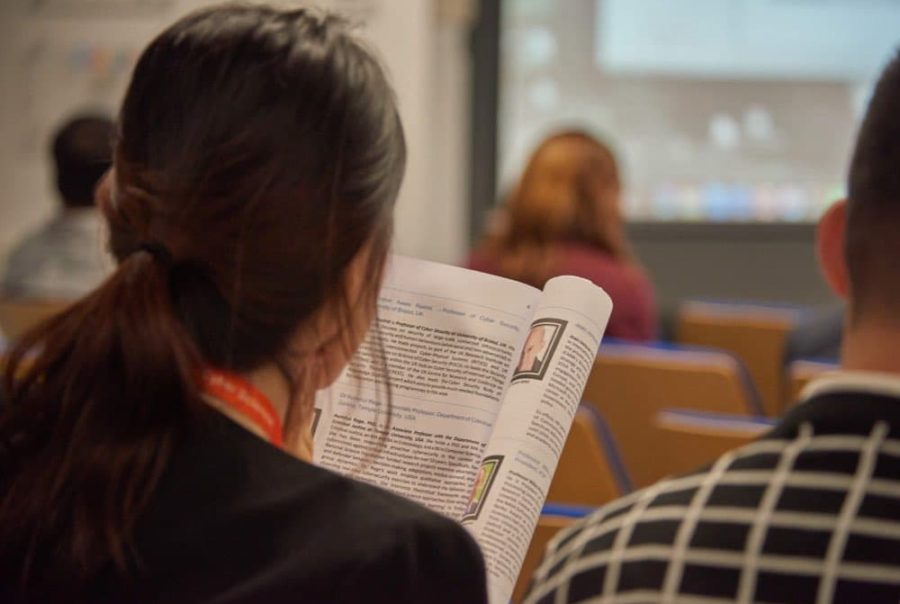
Ideas Programme events can be a gateway for those considering applying to our flagship programme, the Europaeum Scholars Programme – a two-year policy and leadership course for a select few of the brightest doctoral students within the Europaeum network. Taken alongside a doctorate, it has eight modules, including seminars with leading academics and practitioners, professional skills training, and significant team activity (multidisciplinary groups work on how to “make Europe a better place”).
Read more about the Europaeum Scholars’ Programme.
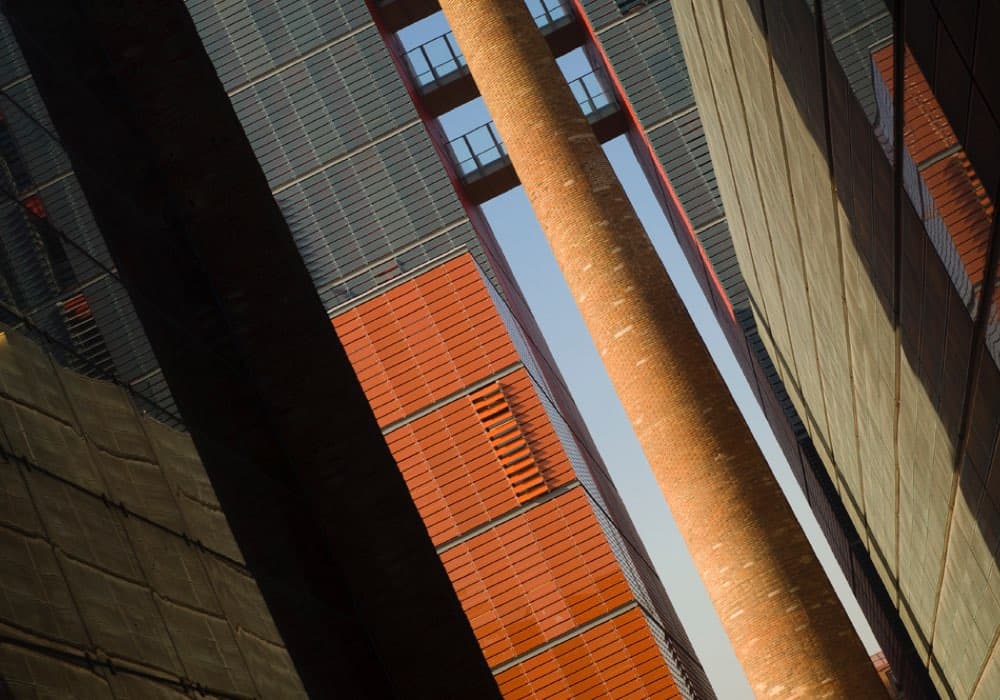
MA Programmes, awarded by member universities under the Europaeum flag, give students the opportunity to spend study time at different universities during their enrolment. These are exciting international opportunities which are unique to the Europaeum and foster the sense of a connected Europe.
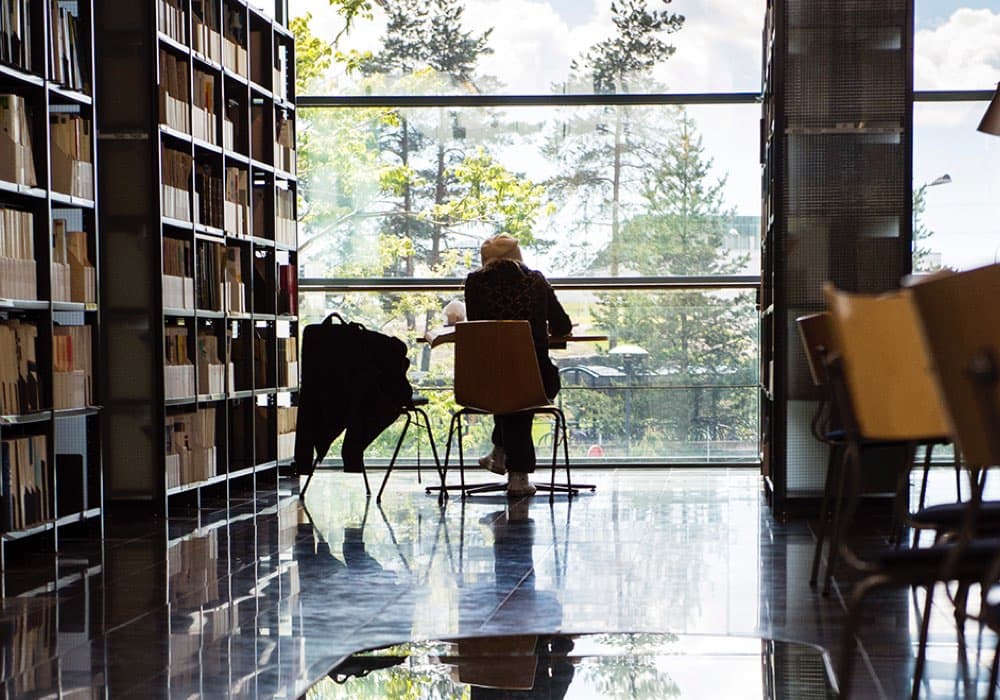
The Europaeum has supported a small number of exchanges every year, with the generous help and cooperation of selected member universities and external donors. This scheme is currently suspended pending an assessment review.
What event participants said about their experience when replying to an anonymous feedback form: